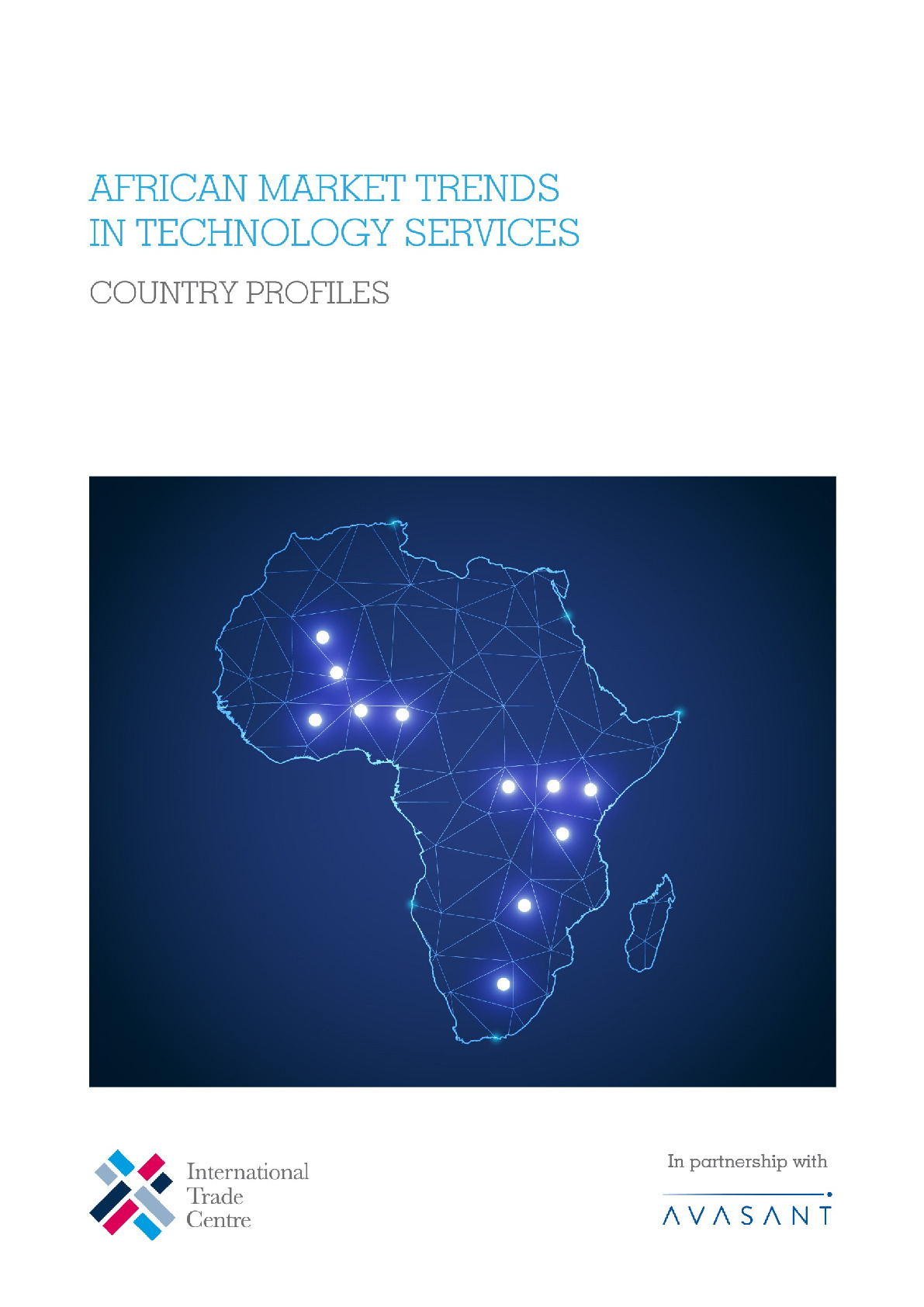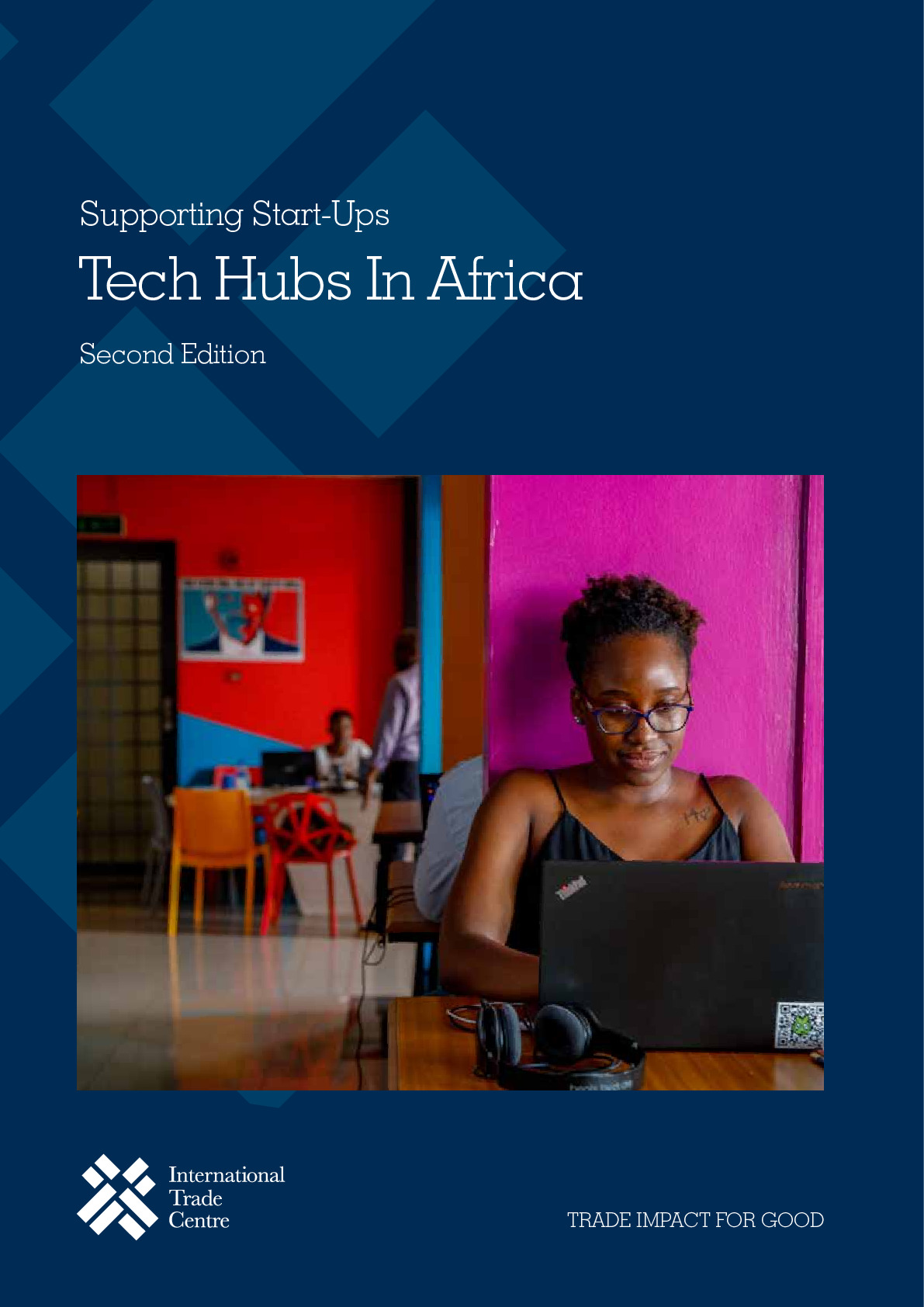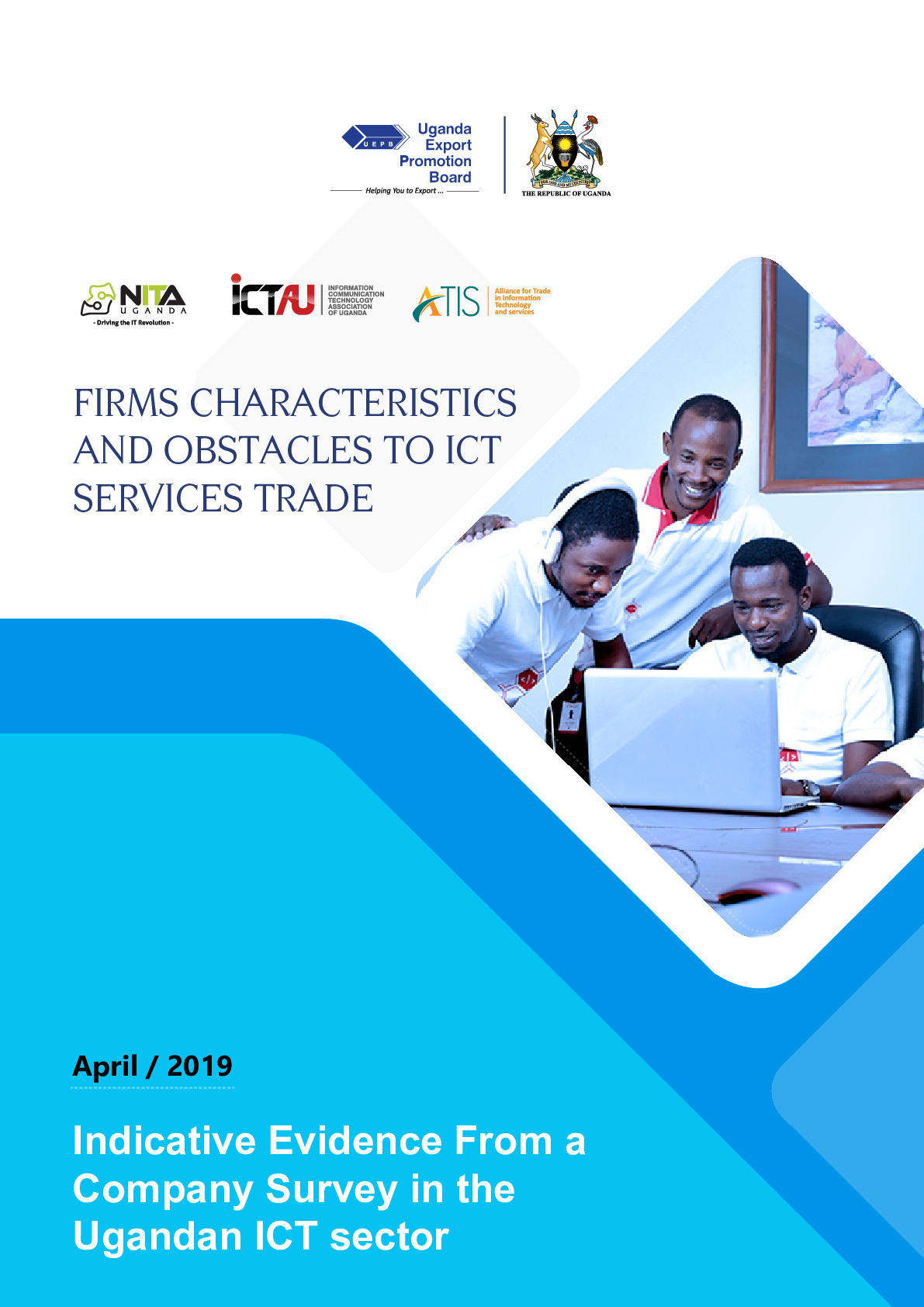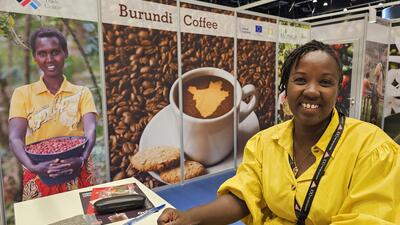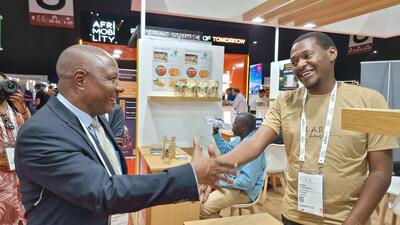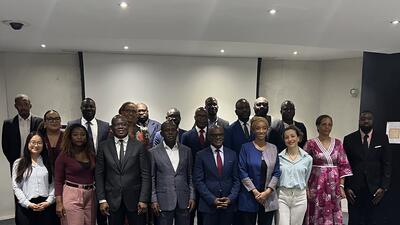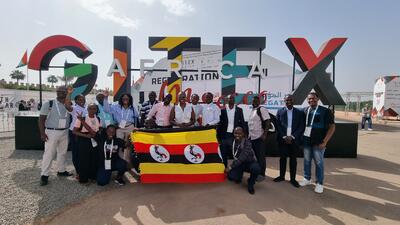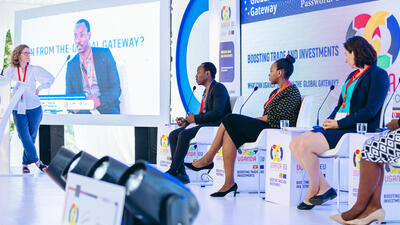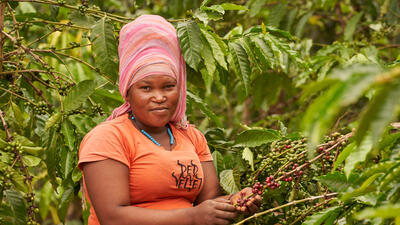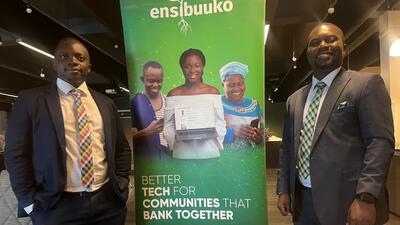

Benin, Côte d’Ivoire, Mali and Uganda: Building Resilient Trade Competitiveness by Fast Tracking the Digital Technology Sector (NTF V)
Overview
Summary
ITC and CBI have been cooperating for decades. This cooperation led to a series of sector development programmes under the Netherlands Trust Fund (NTF) since 2005. The current project is part of the NTF V programme funded by the Ministry of Foreign Affairs of The Netherlands and implemented in close coordination with the Dutch Centre for the Promotion of Imports from developing countries (CBI).
The NTF V programme was approved in July 2021 and will run until June 2025. Its ambition is to contribute to building back better in the partner countries with a focus on creating a link between MSMEs in the digital technologies with a focus on agritech. To this end, agritech start-ups will be supported to improve their understanding of agribusinesses’ needs, to gain more agribusinesses partners, and, in some instances, to help digitalize agribusinesses.
Project activities will foster business-friendly tech ecosystems, strengthen business support organizations such as tech hubs and equip tech start-ups with resilient business models, linking them to business, partnership and investment opportunities while contributing to the digitalization of traditional SMEs in other sectors.
Benin, Côte d’Ivoire, Mali and Uganda are part of the targeted countries for NTF V. NTF V Multi-country Tech will build on the work initiated under NTF IV’s spin-off #FastTrackTech Africa and NTF IV Uganda. The project aims at contributing to the creation of sustainable jobs in the digital technologies sector and the modernisation of agribusiness through digital technologies.
Partners
Projects
ITC partners with the Netherlands to support African business
Benin
The country’s tech city and economic capital is Cotonou. Benin has a young population of 11.5 M people of which 45.6% is below 14 years and 20.4% is aged between 15 and 24 years. The Beninese economy grew steadily over the last years with its GDP increasing from 11.4 B USD in 2015 to 15.7 B USD in 2020 and its classification upgrading from Least Developed Country (LDC) to Low Middle Income Economy in 2019. In 2020, agriculture accounted for 27.11% of the country’s GDP while services accounted for 47.9%. The Beninese business environment progressed in the formal sector but remains fragile as the country ranked 149 out of 190 the World Bank’s Doing Business report.
Côte d’Ivoire
Côte d’Ivoire is a lower middle-income economy. Its capital is Yamoussoukro and its tech city and economic capital is Abidjan. Côte d’Ivoire has a population of 26.1 M people of which 60% is aged below 24 years and of which 34% is aged between 25 and 54 years. The Ivorian economy has been growing steadily since 2012. In 2018, GDP rose more than 7% for the seventh straight year reaching 61.3 B USD in 2020 making it the highest in Francophone West Africa. In 2019, agriculture accounted for 20.7% of the country’s GDP while services accounted for 43.11 %.
Mali
Mali is a landlocked ECOWAS country with an estimated population of 21M, of which 48% are below 14 years and 19% between 15 and 24 years old. Mali’s capital Bamako is the biggest city and the country’s economic epicentre. In 2020, agriculture accounted for 36.1% of the country’s GDP while services accounted for 34.41%. The country is a low-income country that ranked 182 out of 188 countries in the World Bank Human Capital Index 2018. Its political situation saw instability and conflict since 2012 with a military coup and the occupation of the north by armed groups.
Uganda
Uganda is part of the East African Community (EAC) with a population of 47 M, of which 48% are aged below 14 years and 21% between 15 and 24 years old. The country was going through a slowdown of its economic growth over the last decade before the COVID19 crisis hit, which unfortunately worsened the situation with a GDP growing at only 2.9% in 2020, i.e. less than half the 6.8% recorded in 2019. However, the country benefits from a growing young population, an improving ICT infrastructure and an expanding service economy. In 2020, the services sector accounted for 43.1% of the country’s GDP (with the IT and ITES sector accounting for 2.5%[30] of GDP) while agriculture accounted for 24.03%. Based on the Doing Business Report, Uganda is ranked 116 out of 190 and scored 60 out of 100 in 2020.
Objectives of the project
The NTF V FastTrackTech Project in Benin, Côte d’Ivoire, Mali and Uganda aims at strengthening tech startups, with a focus on agritech and MSMEs, and it seeks to influence policy makers and regulators, Trade and Investment Support Institutions and private business support providers, as well as international private sector market partners in creating a supportive environment for enterprises in IT and IT Enabled Services sector. The ambition is to contribute to rebuilding back better with a focus on MSMEs in the digital technologies sector.
Our trade-related technical support is three-fold:
At the policy level: we provide assistance in the development or improvement of public policies and sectoral regulations, with private-sector representatives
At the institutional level: we work with digital business associations and tech hubs to increase their sustainability and impact
At the start-up and MSME level: we develop market access and build international competitiveness.
Subscribe here to receive the quarterly NTF V FastTrackTech Newsletter and read about our activities and events in the tech and agribusiness sectors in Africa.








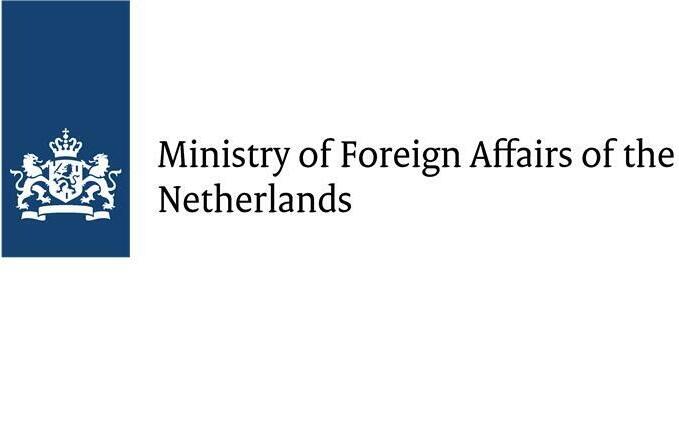


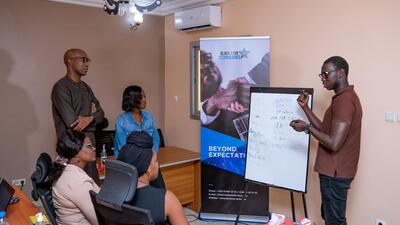
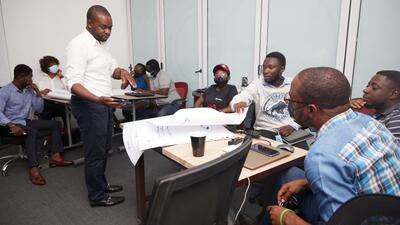

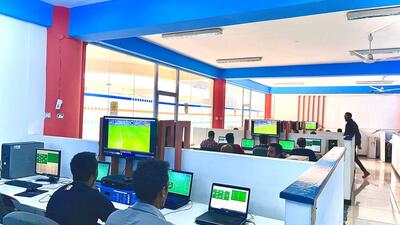



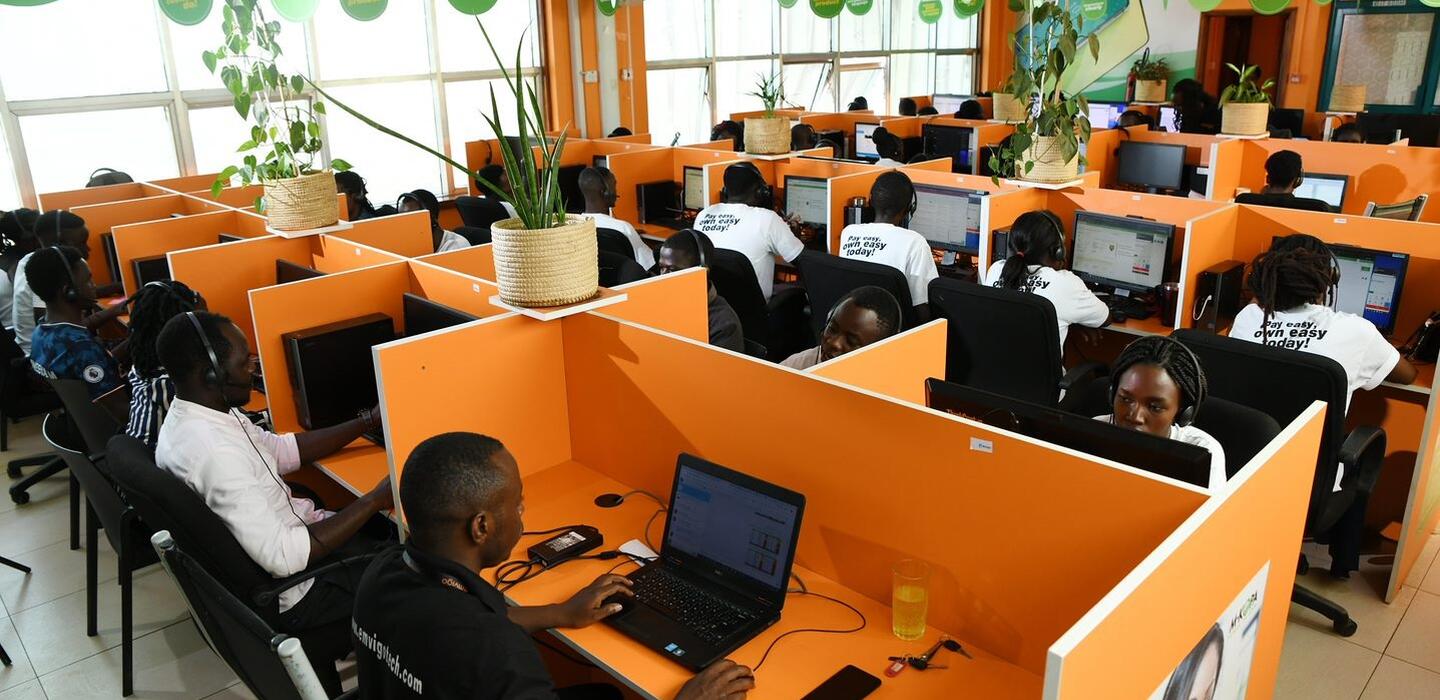



.pdf.jpeg)
